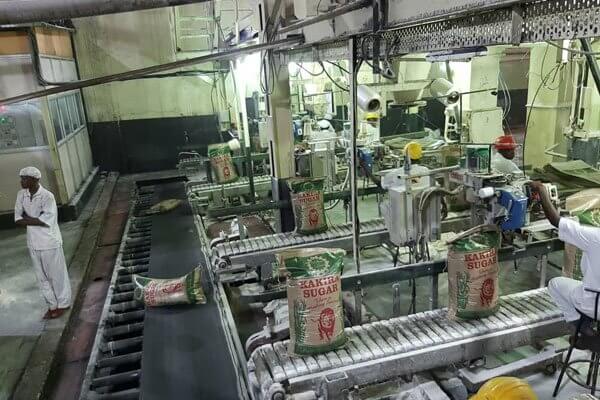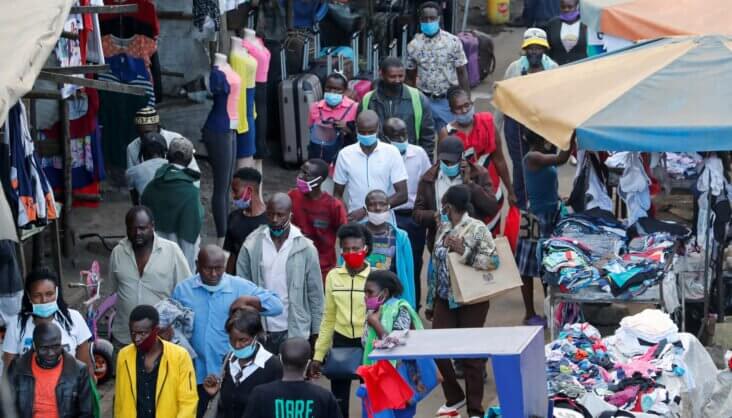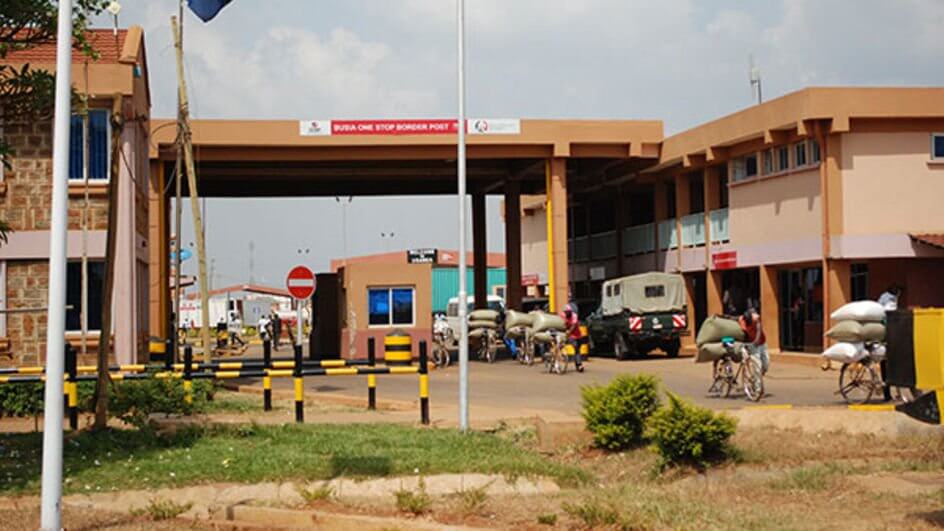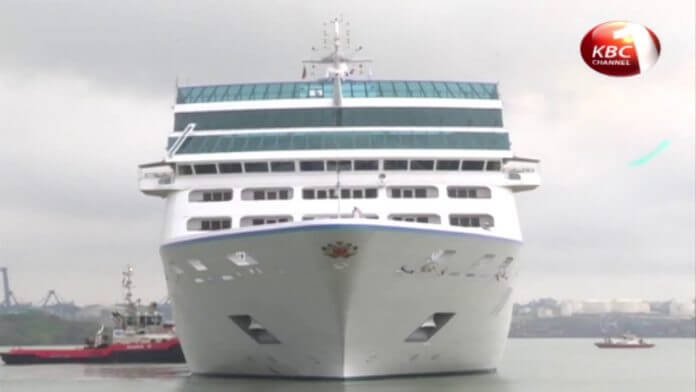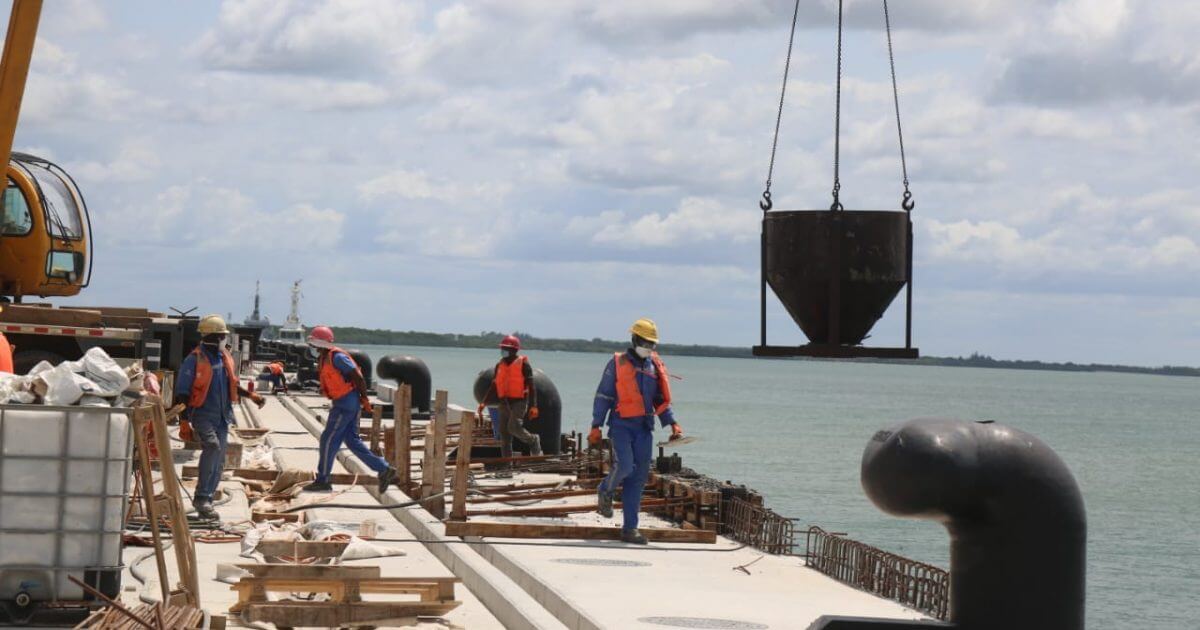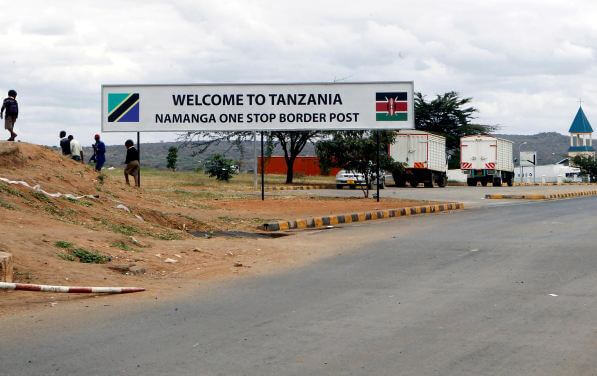NAIROBI, KENYA: The East African Business Council (EABC) has endorsed sports Cabinet Secretary Amina Mohammed for the World Trade Organization’s (WTO) Director-General position. In a statement, the outfit noted that Amina joining the WTO will be timely as Africa is keenly focusing on the African Free Trade Area (AfCFTA). “She is a strong advocate for the actualization of the AfCFTA and has also chaired the WTO’s 10th Ministerial Conference held in Nairobi in 2015, the Dispute Settlement Body and the WTO’s General Council in 2005, her passion for international trade, exemplary strategic leadership, diplomatic and negotiation skills maker her the right candidate for the job,” said Peter Mathuki, CEO East African Business Council. Her success in the position will be a great opportunity for the EAC bloc and Africa towards championing global economic policy to increase the continent’s share in global trade. “The business community in East Africa is assured that Amb. Mohamed will steer the WTO to greater heights. As a former Cabinet Secretary for Foreign Affairs and International Trade of the Republic of Kenya she is bold and proficient, it will be an honour for the continent to have the first African and first woman as the Director-General of the WTO,” said Dr. Mathuki. Mohamed said on Monday she is seeking Washington’s backing and expressed some sympathy with its criticism of the global body as she emerges as one of two reform-minded African female frontrunners. Delegates say Mohamed, a 58-year-old minister, and former WTO chair, is one of...
EABC endorses CS Amina for WTO top position
Posted on: July 24, 2020
Posted on: July 24, 2020


